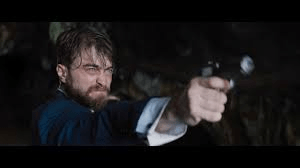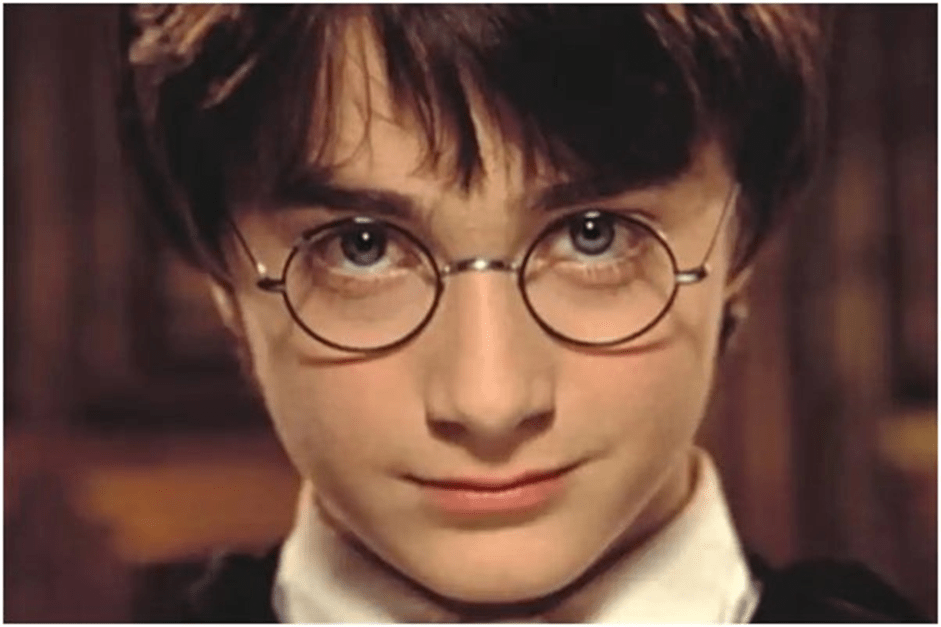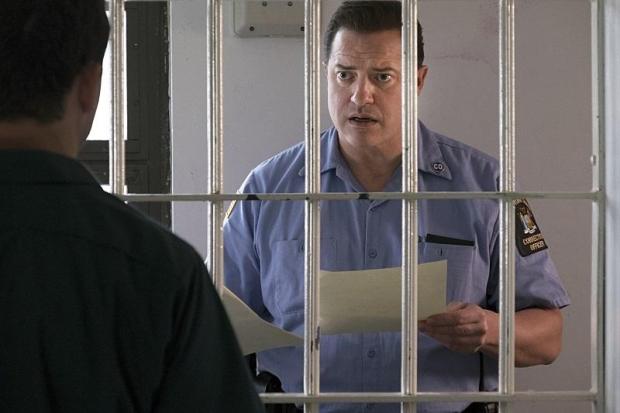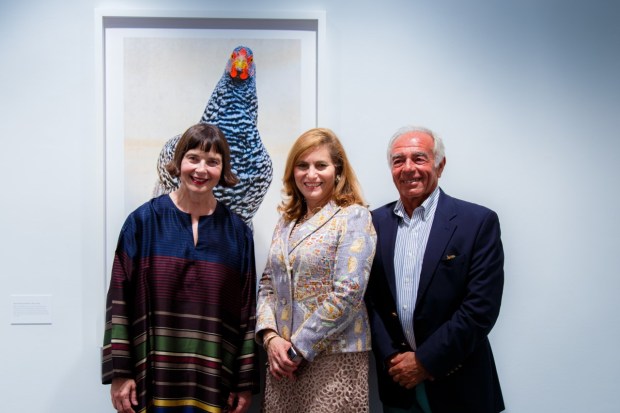This story is dedicated to everyone, because we’re all on a journey; but especially to those whose lives are harder than the rest.
Normal. What does that even mean, after all the tragedy that has occurred in the world?
My story about 9/11 seems insignificant compared to the first responders, who risked their lives that day to save 25,000 people, or to those who were in the Two Towers and walked down the thousands of stairs.
They are heroes and courageous people. I am just lucky to be alive, and have a story to tell. My story feels insignificant compared to the families, friends and co-workers, who lost people they loved and admired.
We all have stories to tell about what happened 15 years ago, whether you were in the buildings, or at home watching the events unfold on your television. All Americans have a narrative for 9/11.
I remember that there is no other way to describe that day other than perfect. Just like a movie, the sky was an autumn blue. I’m sure somewhere, there were children in a park or a playground. People were reading books and laughing. Somewhere someone was singing.
I didn’t want to go to work. I wanted to stay home, sleep, read, sing, dance or write. I kept wishing my boss would call and tell me that I didn’t have to come in. My boss didn’t call, so I dragged myself out the door. I got on the L-Train at the Morgan stop, as I did every morning, with a magazine or book in hand.
When I arrived to Lower Manhattan, just beneath The Towers, there were hundreds of people on the sidewalks and in the streets, as I came up from the subway. Many had their cell phones pressed to their ears, and their faces tilted skyward. I asked a few people what happened, and most answered, “I don’t know,” or “There’s a fire.”
Then a man yelled, as if asking a question to the person on the other end of his cell phone, “Oh my God, a plane flew into the building….what?” His head dropped down, and he started pacing back and forth. The tones of people’s voices around me became more frantic, as they spoke to people standing next to them, or those on the other ends of their cell phones.
I tried to call my boss, but he didn’t pick up. I was doing contract work at Nomura Securities, located in a building adjacent to the World Trade Center.
While I was standing there, dialing my phone, paper began to flutter down like pinwheels from the sky. Then, I saw piles of clothes falling from the windows, and wondered, why people would be throwing those things out. As they got closer to the ground, I realized they weren’t what I thought. The paper was money, and the Brooks Brother’s baby pinks and blues had people in them.
Some of the people around me started walking towards the buildings. Others just stood motionless. I fell to my knees and sat down on the sidewalk, dazed, my face hot, and tears overfilling my eyes.
I was a contributor for The Downtown Express at the time, and thought, “I should go get the story.” I got up and started walking towards The Towers, but it was as if someone placed a hand on my shoulder and held me back and whispered, “You’re not that kind of reporter.”
It was true. I covered mostly arts, but I thought I could cover breaking news. While I was, debating with myself, I heard a loud whining sound, and I looked up to see a plane fly into the South Tower. The ground shook, and glass and steel exploded from the building. Someone yelled, “Hit the deck.” I heard screaming, and watched people running down the street. There were others walking towards the buildings. I imagined they were worried about people they knew who might be inside. I called to them, “I wouldn’t do that if I were you,” but they didn’t hear me, or ignored me.
Not too long after that, both towers were a pile of dust, and New Yorkers were walking around as if they didn’t know where they were going. There were people covered in ash.
This wasn’t the first time that I’d been in a place when tragedy struck. Twenty years earlier, I was at the Hyatt Hotel in Kansas City on July 17, 1981, when the skywalks fell and 113 people died. Also, a year earlier on August 26th, 2000, a friend of mine committed suicide.
I’m not a stranger to senseless death, but this event, was the beginning of my unravelling. My life was about to get really messy. I’m just lucky to be alive.
I grew up in the Midwest, and my values, morals and ethics are based in that upbringing: Always do the right thing. Always be the nice girl. Don’t sleep around. Don’t lie. Be faithful. Live and let live. Work hard.
After 9/11 though, I wasn’t sure if anything mattered anymore. I walked home just like other New Yorkers that day. I kept looking back. Most of us did, with the disbelief that the smoldering steel gray cloud in the sky was all that was left of the Towers.
I arrived home to three dogs and a cat. My boyfriend of 12 years, an artist, was in Los Angeles.
When he returned about a week later, I was a shell of the person he had known. My soul and spirit were missing. Really not understanding or knowing what to say, mostly he kept muttering things like, “I want my girlfriend back,” as if I would miraculously become normal again. He didn’t realize that I couldn’t unsee or just forget the images of 9/11.
He began spending more time out of town, and because of that, I became more withdrawn, and soon we broke up.
No one around me seemed to understand either. Family and friends thought I should just be over it. That’s when I realized some people have simple lives and others have complex, and those who have never experienced anything traumatic, just don’t sympathize.
I tried therapy, and anti-depressants, and EFT (tapping your fingers). None of it worked for me. All the retelling of the story didn’t desensitize it. It just made me relive it. Anti-depressants and other prescriptions, didn’t stop the sadness or the emotional pain, or help with sleep; and tapping fingers may work for some, but it didn’t for me.
Since I’d been through a similar experience, I knew that facing it head on and the passage of time, were the only ways that I would heal. You don’t forget, but you do learn to move forward.
After 9/11, I was vulnerable, fragile and damaged. Of course, there’s more to this story, and I’m not sure if the events that followed were because I was in the wrong place at the wrong time, or I made bad decisions, or maybe a combination of both.
Anger and anguish need an outlet. They don’t just go away. Feeling very much as if I was on my own during this part of my journey, I was in a state of desperation to not have any more loss in my life, so I attached myself to a man who, in many ways, was more desperate than me. I ended up making him a better person, and in doing so, found out that I was stronger than I thought. There is more to this story, more tragedy and more pain, and if I had to do this last piece over, I wouldn’t. I would find another way to help me move forward, because, after him, I am truly lucky to be alive, and here to tell my story.
Fifteen years later, I am…almost normal again.
I did learn some skills that do help you move forward, and they are as follows:
1) Most people around you won’t understand. Gravitate towards those who do. Stay away from those who want to keep you down and prefer you damaged when you start healing.
2) Some people may avoid you. Don’t take it personal. We are all on our own journeys.
3) Cut yourself a lot of slack, and heal at your own pace. When you’ve been through a lot, it’s going to take time.
4) Remember, the deeper the pain you have the greater your capacity for wisdom and happiness. Every action does have an opposite and equal reaction.
5) Distraction, not destruction of the self or others. But if you overdrink occasionally, it’s okay. However, if you get a habit, get help. Bad habits just intensify your problems.
6) Have faith in yourself. You will make it to the other side.
7) Have patience with others. If they don’t understand, it’s because they’ve never experienced anything like it. Be happy for them.
8) Consider yourself lucky that you are alive to tell your story.
You can also find this article at: garnetnews.com







